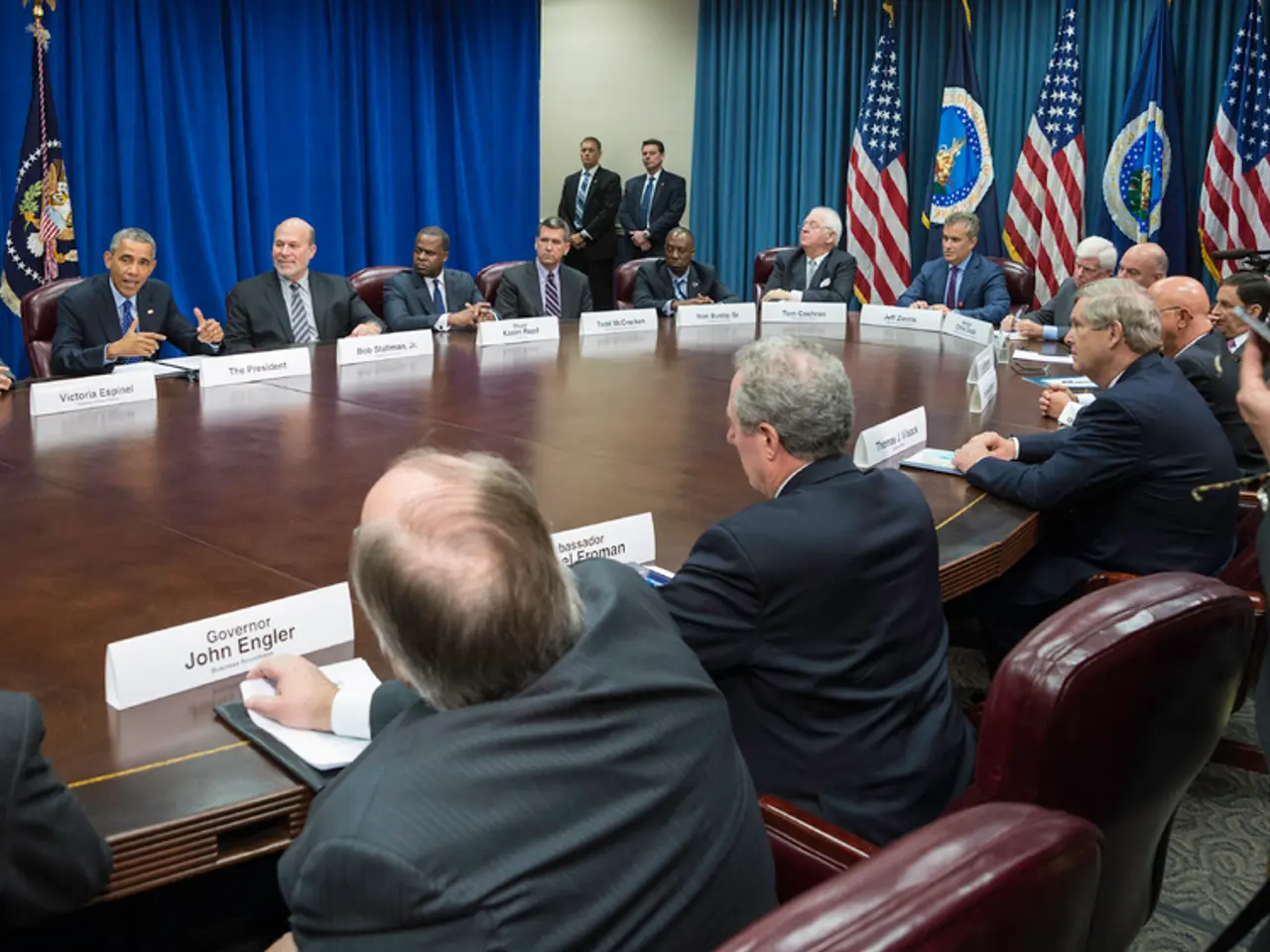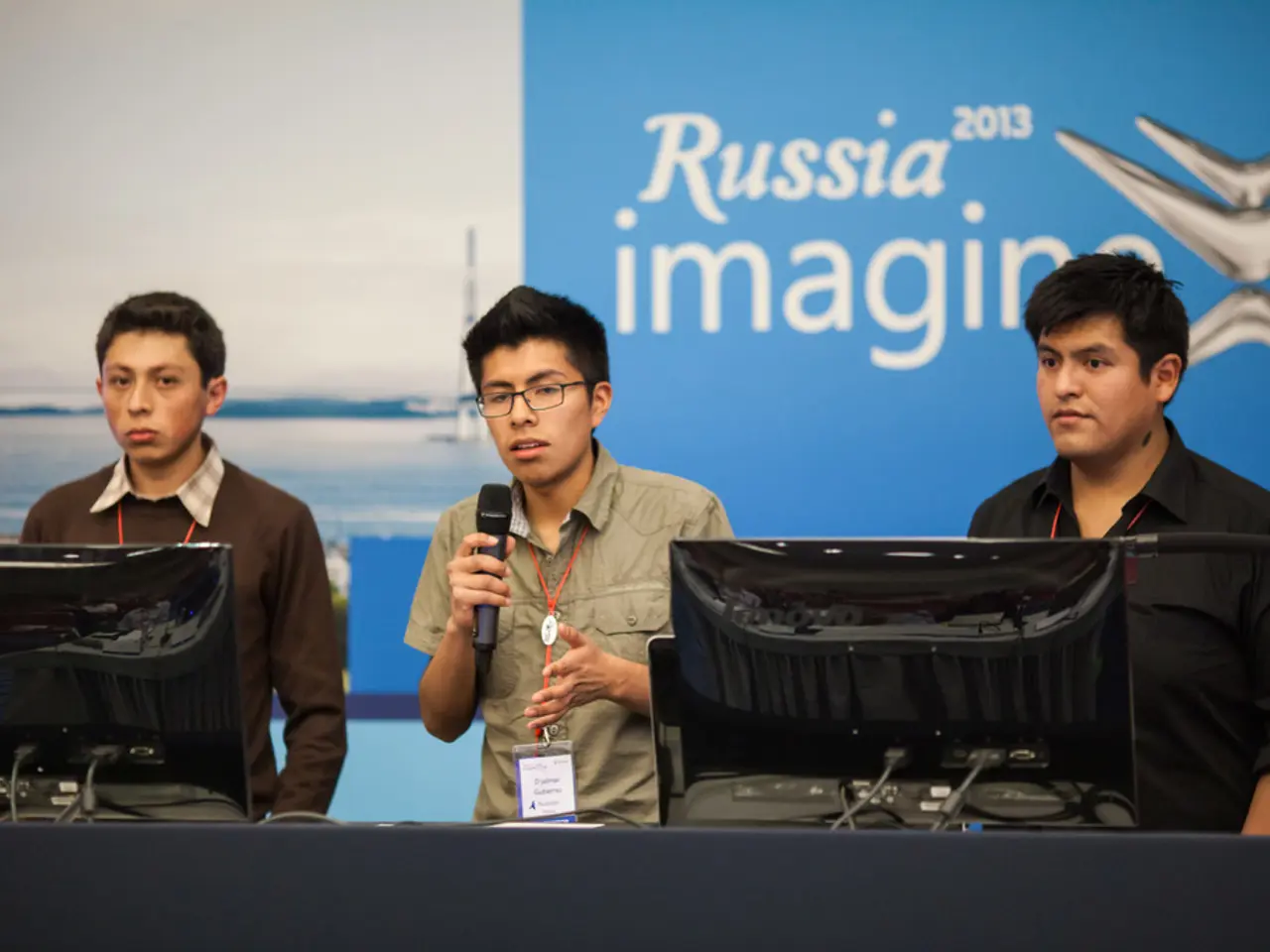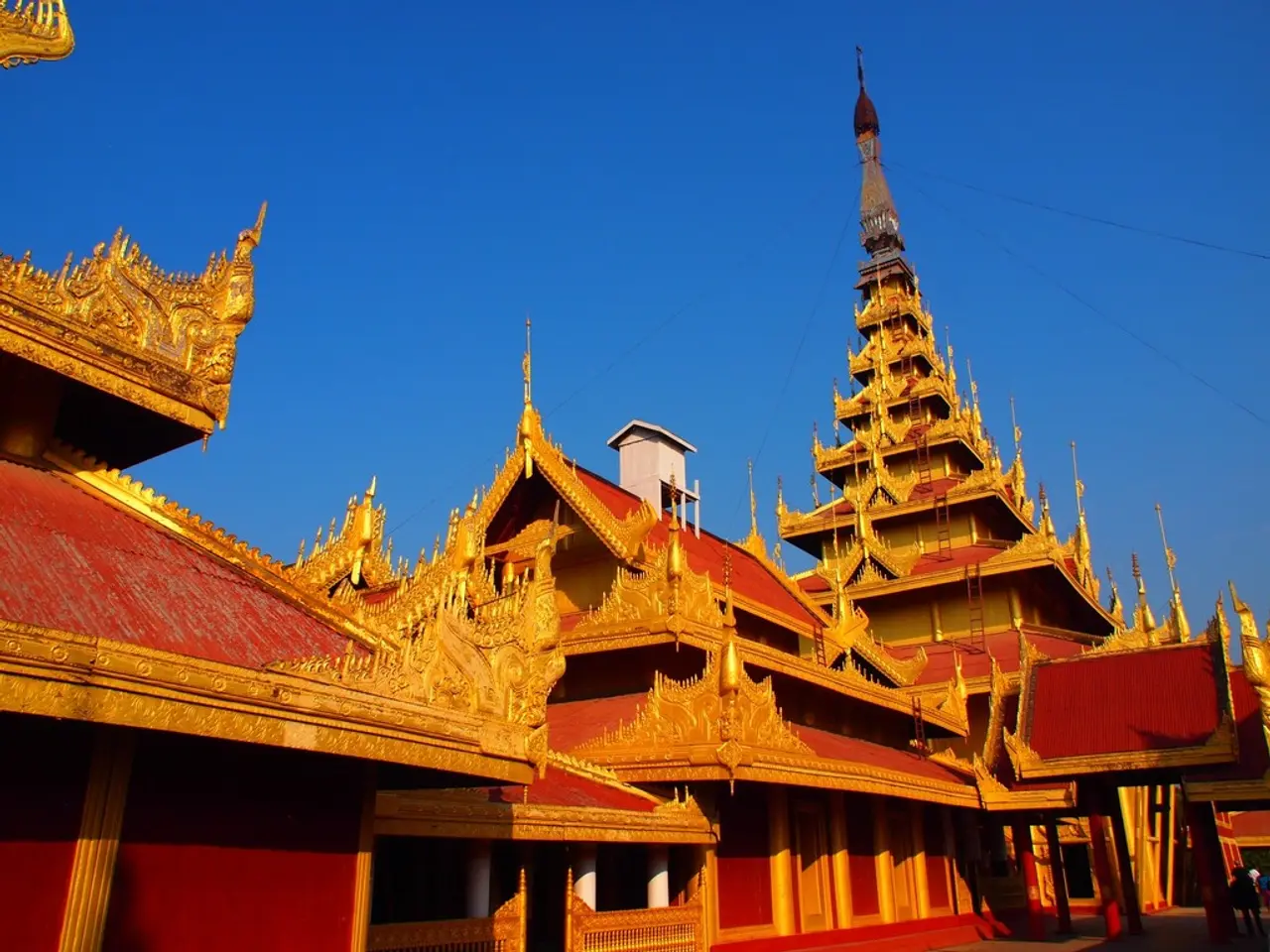Mass Protest: Nationwide Bharat Bandh Causes Service Disruptions Throughout India
A nationwide general strike, known as "Bharat Bandh," was held on July 9, 2025, leading to a significant disruption across numerous sectors. The strike was called by a coalition of ten central trade unions in response to the central government's economic and labour policies.
The strike, which involved an estimated 25 crore workers, was led by the All India Trade Union Congress (AITUC) and saw widespread participation, particularly in states such as West Bengal, Kerala, Jharkhand, Karnataka, Tamil Nadu, and Bihar. In Bihar, workers from opposition parties disrupted road and rail traffic to enforce the shutdown during the "Bihar Bandh."
In Kerala, a near-complete shutdown of government institutions and public life was observed, while in West Bengal, the government made elaborate arrangements to ensure normal life was not affected. However, in other states, the impact was felt across sectors, including banking, postal services, electricity, mining, and public transport.
The core grievances of the trade unions and farmer organizations center on five key demands: the repeal of four new labour codes, an end to the privatization of Public Sector Undertakings (PSUs), an increase in the national minimum wage to ₹26,000 per month, a legal guarantee for Minimum Support Price (MSP) for all crops based on the Swaminathan Commission's 'C2 plus 50 percent' formula, and a comprehensive loan waiver for farmers.
The unions are demanding that the government halt the implementation of new labour codes that are seen as weakening workers' rights, including collective bargaining and the right to strike. They are also calling for more job creation, especially for the youth, and criticizing the government for recruiting retirees instead of providing jobs to young people.
The unions oppose the privatisation of public sector enterprises and the increased outsourcing and casualisation of jobs. There is a demand for better wages and social security measures, though specific figures like Rs. 800 per day are mentioned in some reports as part of broader demands. The unions are also demanding the resumption of programs like MGNREGA in certain regions and other social welfare measures.
The strike saw active participation from prominent political leaders across the country. In Bihar, Congress leader Rahul Gandhi and RJD's Tejashwi Yadav joined the "chakka jam" protests. In Gaya, leaders of the Mahagathbandhan and trade union representatives held a large procession through the city's main commercial areas. In Mumbai, leaders of the Nationalist Congress Party (NCP) lent support to a teachers' protest at Azad Maidan. NCP (SP) chief Sharad Pawar and MLA Rohit Pawar joined the demonstration of 62,000 unaided teachers from Maharashtra.
In Kerala, General Education Minister V Sivankutty walked two kilometers to his party office in Thiruvananthapuram instead of using a vehicle to show solidarity. In Bihar, strike supporters deflated the tires of seven cars carrying 15 teachers affiliated with the RSS to their school. In Kolkata, police arrested 19 protesters, including SFI's All India General Secretary Srijan Bhattacharyya, from a protest site in the city.
In Kannur district, there were reports of a teacher being allegedly locked inside a staff room by protesters for opening her school, requiring police intervention to be released. These incidents highlight the intensity and determination of the protesters in enforcing the shutdown.
The strike was held to protest against the central government's economic and labour policies. NSUI National-In-charge Kanhaiya Kumar stated, "We have come out on the streets to protect democracy. If the streets become silent, then the Parliament goes astray." Tejashwi Yadav declared, "On the directions of Modi ji and Nitish Kumar, the names of the poor people are being removed from the voter list. Modi ji and Nitish Kumar ji's 'dadagiri' will not work."
The unions and farmer organizations are calling for a comprehensive review of the government's policies and a commitment to the welfare of the working class and farmers. The success of the strike remains to be seen, but it has undoubtedly raised awareness and sparked a conversation about the need for change in India's economic and labour policies.
- The strike, initiated by the All India Trade Union Congress, was not only about labor policies but also encompassed demands for policy reforms in education, such as the resumption of programs like MGNREGA and other social welfare measures.
- As political leaders across the country participated in the strike, education minister V Sivankutty in Kerala demonstrated solidarity by walking to his party office, while in Bihar, the strike led to disruptions in politics, with the deflating of tires of cars carrying RSS-affiliated teachers.







